'Blink Twice' Has Been Called a #MeToo Thriller—But We Deserve Better
Zoë Kravitz's directorial debut has received comparisons to 'Promising Young Woman,' but its intended message falls flat.
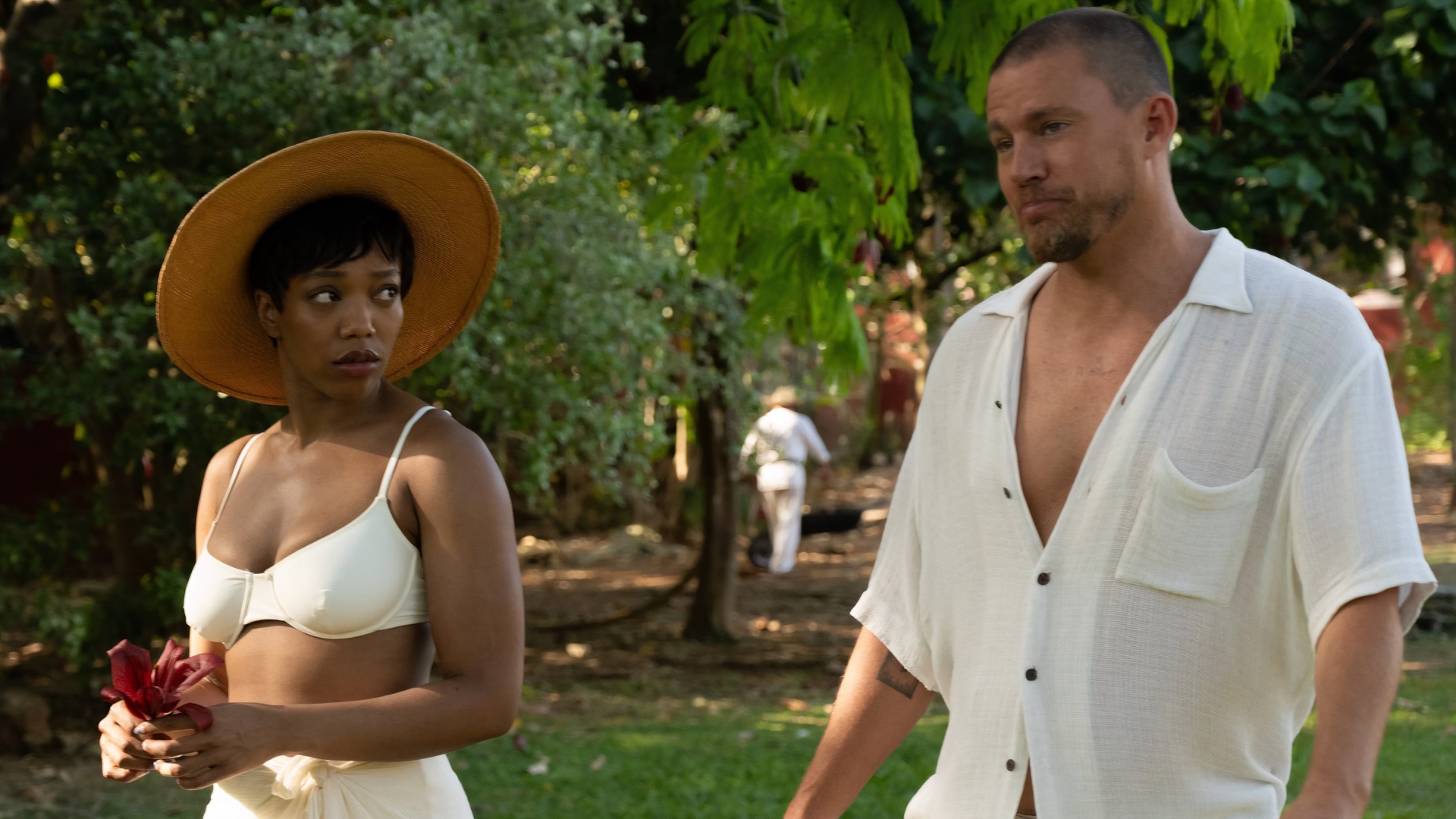

This story contains references to sexual violence and major spoilers for Blink Twice. When Zoë Kravitz’s directorial debut Blink Twice was announced in 2021, it was called Pussy Island. I loved the snarky title and looked forward to what sounded like a tantalizing film. Three years later, the retitled project is in theaters—and it’s clear that Pussy Island was a literal summation of the plot, without any of the nuance it so desperately needs.
Blink Twice has been dubbed by critics as a #MeToo thriller, but if it was intended to bring the movement to mainstream audiences, moviegoers surely deserve better. The film, which tackles sexual violence, class, race, and cancel culture, has been compared to movies like Promising Young Woman. But while Promising Young Woman notably addresses women’s trauma realistically, Blink Twice misses the mark—especially in its ending.
Kravitz shows immense promise as a director (with an eye for a stunning visual palette) and the entire cast (particularly leads Naomie Ackie, Adria Arjona, and Channing Tatum) is stellar. But the screenplay—written by Kravitz and E.T. Feigenbaum (a white man and the screenwriter behind the Kravitz-led Hulu series High Fidelity)—makes a muddled statement about who gets the privilege of moving past sexual assault. At times, it feels tone-deaf and a little crass.

Frida (Naomi Ackie) as she enjoys one of the signature cocktails on Slater's island.
The film follows caterer Frida (Ackie) as she becomes enamored with Slater King (Tatum), a once-canceled tech bro CEO who claims he’s been reformed. When Frida and her bestie Jess (Alia Shawkat) befriend his entourage and are swept away with them to his private island, she gets a taste of the life of the one percent—until Jess disappears and she realizes there are gaps in her memory. Upon investigating with another woman (Arjona) on the island, they realize Slater has developed a perfume that makes people forget, so he and the other men can sexually assault and rape the female guests every night—and get away with it.
I expected a twist going into Blink Twice and was disappointed by the one I got (the twist is that the women get sexually assaulted, and it’s revealed in an extremely graphic manner). Forget Pussy Island or Blink Twice, it may as well have been called Epstein’s Island: The Movie. There’s no metaphor, like the cannibalism of Mimi Cave’s 2022 film Fresh or the “hunt to the death” in the 2019 horror-comedy Ready or Not.

Slater's entourage as they arrive on his island in Blink Twice.
Kravitz and Feigenbaum’s attempt to make a point about who has the luxury of moving on after experiencing sexual violence (if that’s even possible) falls flat. Before his perfume formula is revealed, Slater repeats exceedingly throughout the film that “it’s a gift to forget.” The phrase is meant to speak to how easy it is for society to forget and move on from the news of sexual assault by powerful men, but how survivors can never really forget. It’s a powerful statement that’s proven to be all too true—but it’s mishandled in Blink Twice’s plot and especially the finale.
Once Frida sets out on a vengeful mission to shut down Slater’s operation and get off the island, she uses his perfume to wipe his memory, profit off his invention, and become his wife. The ending seems to say that Frida is reclaiming her power but completely ignores the film’s message that survivors of sexual assault can never fully forget their trauma. Largely, the finale feels shallow—it implies that becoming rich and powerful is the best revenge when really it would be Slater being held accountable for his actions.
Stay In The Know
Get exclusive access to fashion and beauty trends, hot-off-the-press celebrity news, and more.
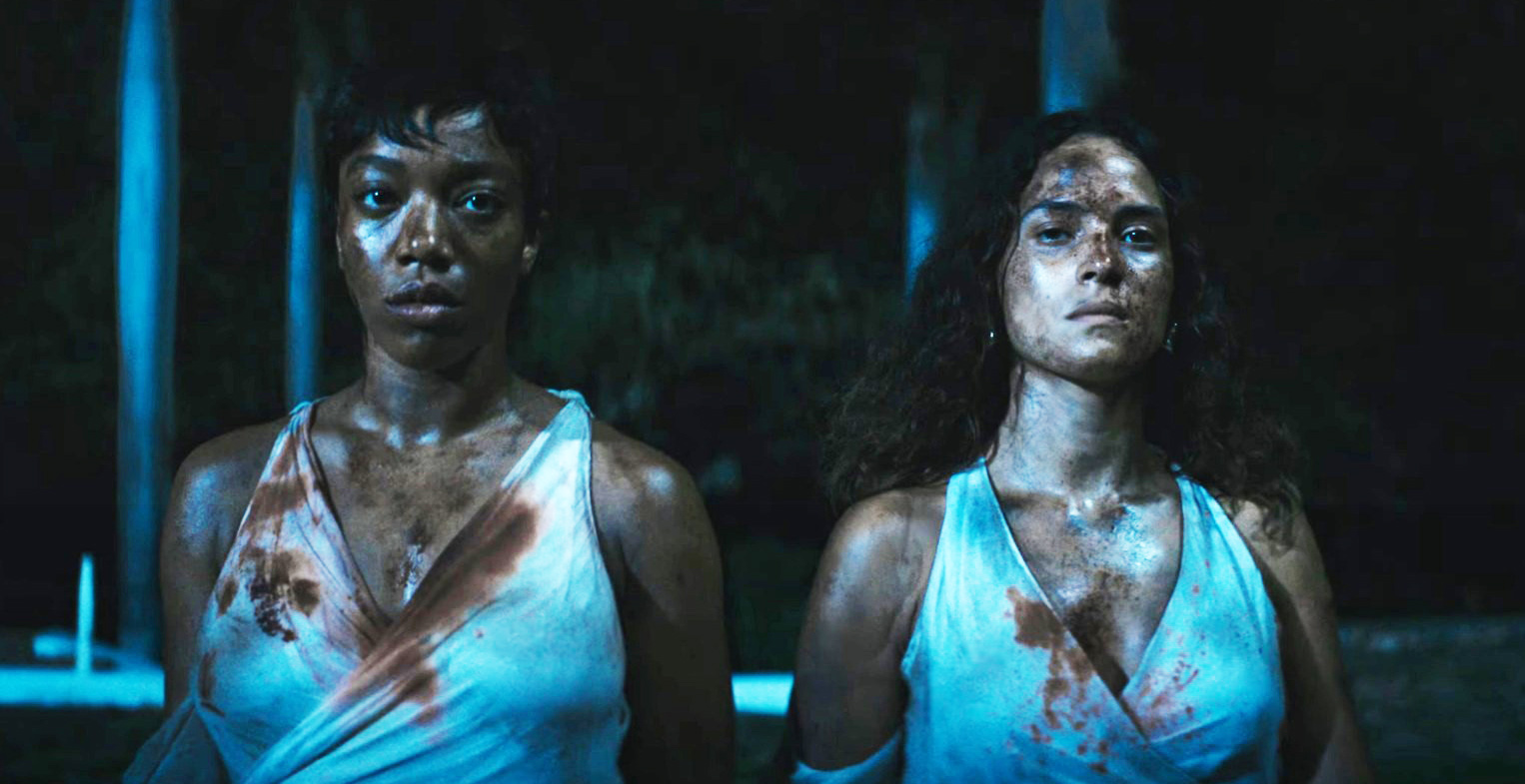
Frida (Ackie) and Sarah (Adria Arjona) as they try to escape from Slater's island.
Since Blink Twice is about power dynamics and sexual violence, it’s unsurprising that critics, LetterBoxd users, and members of Film Twitter have compared it to movies like Don’t Worry Darling and Promising Young Women. The everything-is-not-as-it-seems psychological thriller trope and male manipulation critiques in Don’t Worry Darling are certainly fitting comps, but it’s an unfair comparison to Promising Young Woman, which has been misremembered as a horror movie when it’s ultimately a feminist drama about the persistence of grief and women’s trauma.
Promising Young Woman received valid criticism for its shocking ending. But even with its sticky-sweet hues and pop soundtrack, the Carey Mulligan-starring Sundance hit firmly sits in reality and never pretends that its protagonist Cassie will become some sort of vengeance heroine from an action movie by the final act. It knows Cassie is complex and flawed in the vigilante, martyr mission she’s set out on, teaching men who take her home how to better behave. In some ways, it's a revenge tale, but largely her actions are the result of inherited trauma, as she does what she does because of the guilt, grief, and pain she feels over her friend’s death by suicide after surviving a rape and subsequent trial. The story is original and the substance is strong; even if we’re uncomfortable with the harshness of its reality, it reflects reality.

Carey Mulligan in the final scene of Promising Young Woman.
Blink Twice, on the other hand, aims to do that, but doesn’t seem to understand at all how trauma and empowerment manifest. The film is not alone in mishandling a difficult issue; the Colleen Hoover adaptation It Ends With Us has received its fair share of backlash for its depiction of domestic violence and how its cast has discussed the subject matter.
Blink Twice has faired sufficiently at the box office, against a budget of $20 million. A budget of that size is a rarity for a first-time filmmaker and original script—undoubtedly due to Kravitz’s long history in the industry—and it's commendable that she got a major studio to back a film that addresses sexual trauma. It’s especially worth noting that Blink Twice is fronted by a Black actress in a truly captivating performance (many similar films feature predominantly white leads). But we deserve more thoughtful and especially less violent films starring women of color.
We also deserve smaller movies that do a good job of handling issues like sexual violence and trauma to get in front of more eyes. I’m thinking of movies like The Assistant, I Used to Be Funny, Never Rarely Sometimes Always, and one of this year’s absolute best dramas How to Have Sex. None of the aforementioned films see revenge as retribution; rather, they feel like slice-of-life portrayals of the range of experiences we hear from women in our own lives.
There’s no doubt that getting a film about sexual assault made, like Blink Twice, is an accomplishment. But I would have liked to have seen the nuanced version of Pussy Island that I had hoped for.
If you, or someone you know, has been a victim of sexual assault or harassment and would like help, visit RAINN.org.

Sadie Bell is the Senior Culture Editor at Marie Claire, where she edits, writes, and helps to ideate stories across movies, TV, books, and music, from interviews with talent to pop culture features and trend stories. She has a passion for uplifting rising stars, and a special interest in cult-classic movies, emerging arts scenes, and music. She has over eight years of experience covering pop culture and her byline has appeared in Billboard, Interview Magazine, NYLON, PEOPLE, Rolling Stone, Thrillist and other outlets.
-
 Princess Anne's Unexpected Suggestion About Mike Tindall's Nose
Princess Anne's Unexpected Suggestion About Mike Tindall's Nose"Princess Anne asked me if I'd have the surgery."
By Amy Mackelden Published
-
 Queen Elizabeth's "Disapproving" Royal Wedding Comment
Queen Elizabeth's "Disapproving" Royal Wedding CommentShe reportedly had lots of nice things to say, too.
By Amy Mackelden Published
-
 Palace Employees "Tried" to Get King Charles to "Slow Down"
Palace Employees "Tried" to Get King Charles to "Slow Down""Now he wants to do more and more and more. That's the problem."
By Amy Mackelden Published
-
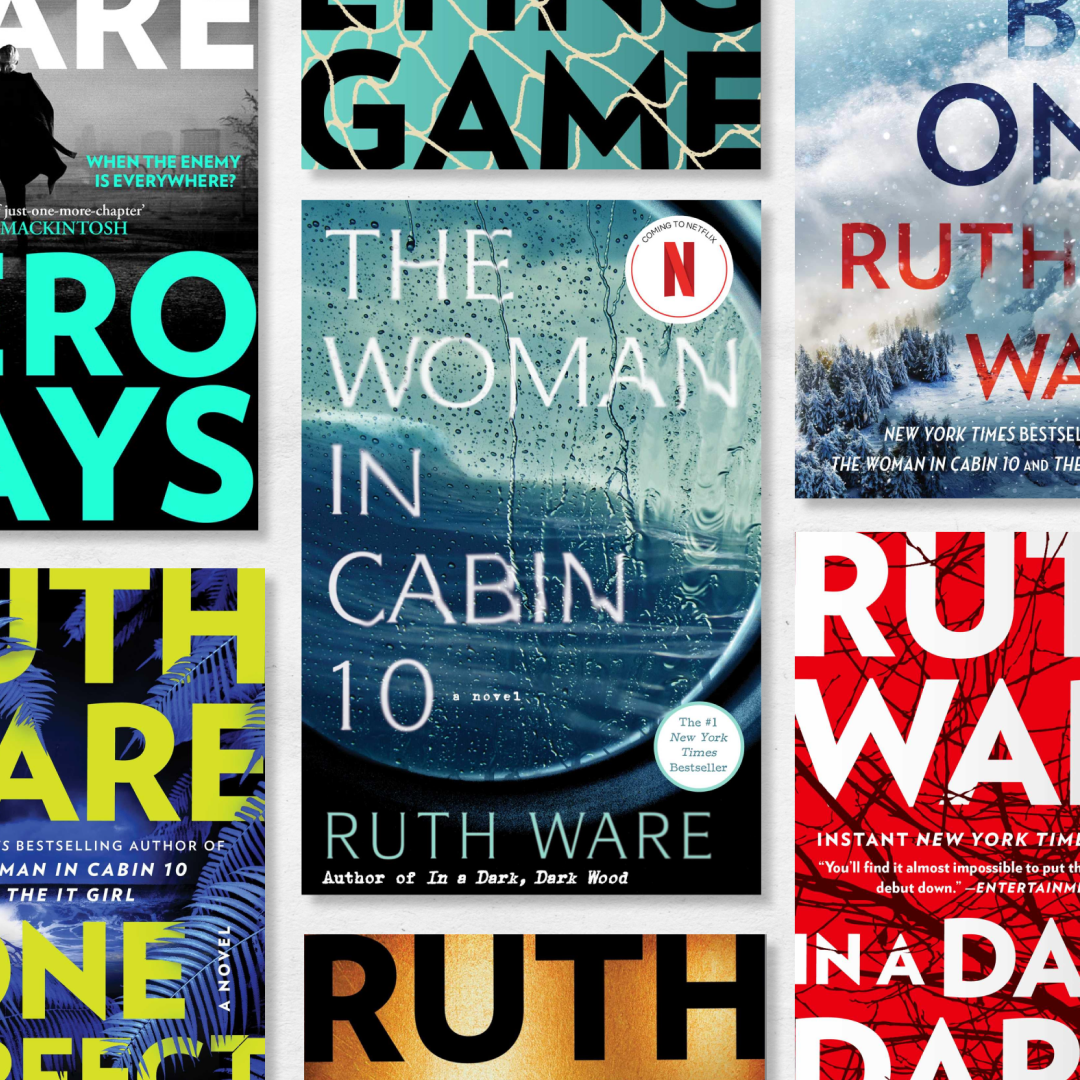 Every Ruth Ware Book, Ranked—From 'In a Dark, Dark Wood' to 'The Woman in Cabin 10'
Every Ruth Ware Book, Ranked—From 'In a Dark, Dark Wood' to 'The Woman in Cabin 10'Here's what you should read before her new thriller 'The Woman in Suite 11' hits shelves.
By Nicole Briese Published
-
 10 Books to Read for a Killer Vacation
10 Books to Read for a Killer VacationPack these novels about vacations gone very wrong on your next trip.
By Liz Doupnik Published
-
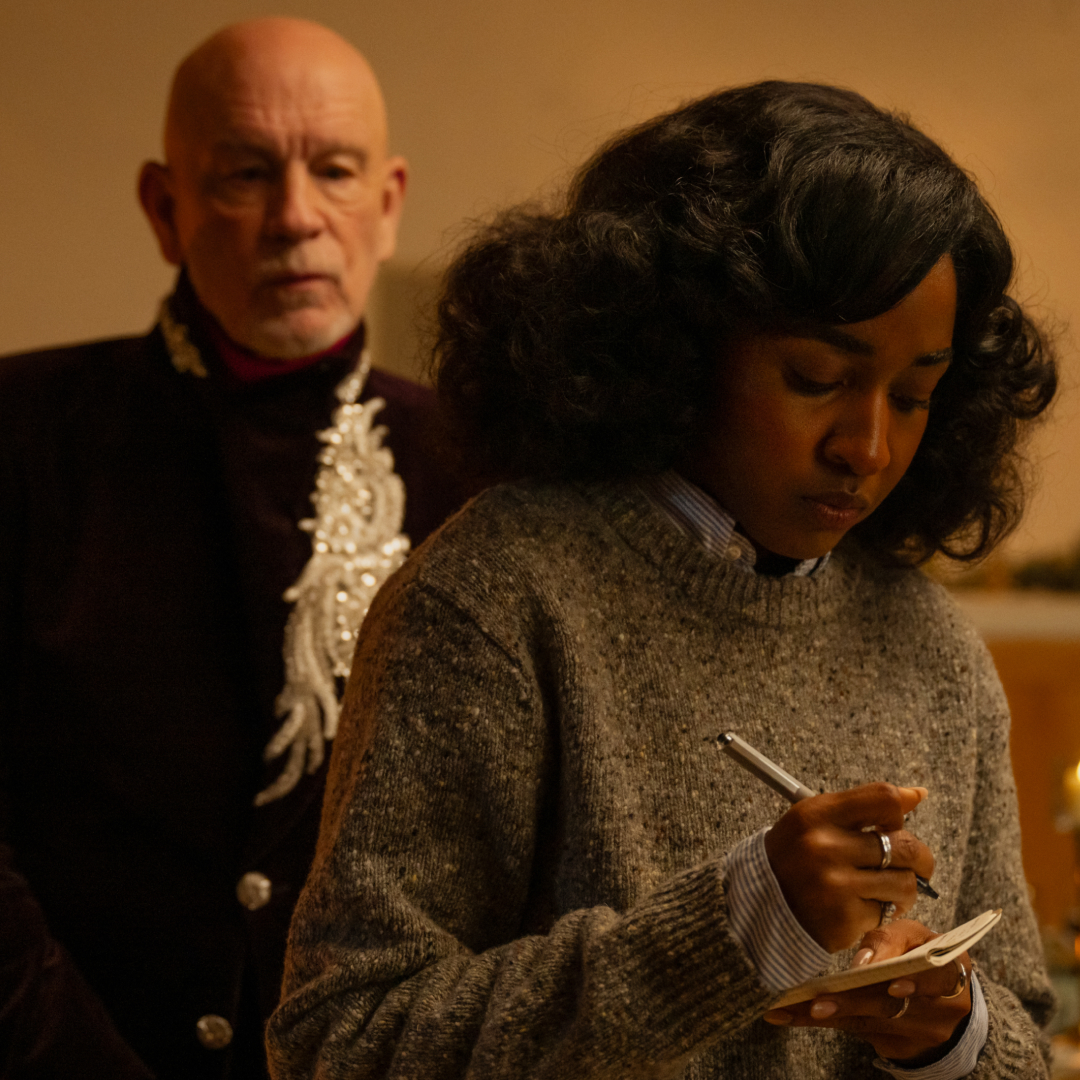 In 'Opus,' Cult Leaders and Pop Stars Are One in the Same
In 'Opus,' Cult Leaders and Pop Stars Are One in the SameThe A24 film's costume and production designers open up about crafting fictional pop icon Moretti’s style and mysterious estate.
By Sadie Bell Published
-
 Ashley Sutton Is Not Going to Take Things Lying Down
Ashley Sutton Is Not Going to Take Things Lying DownThe actress who plays Hannah has been dying to talk about the Showtime hit's major twist for months.
By Sadie Bell Published
-
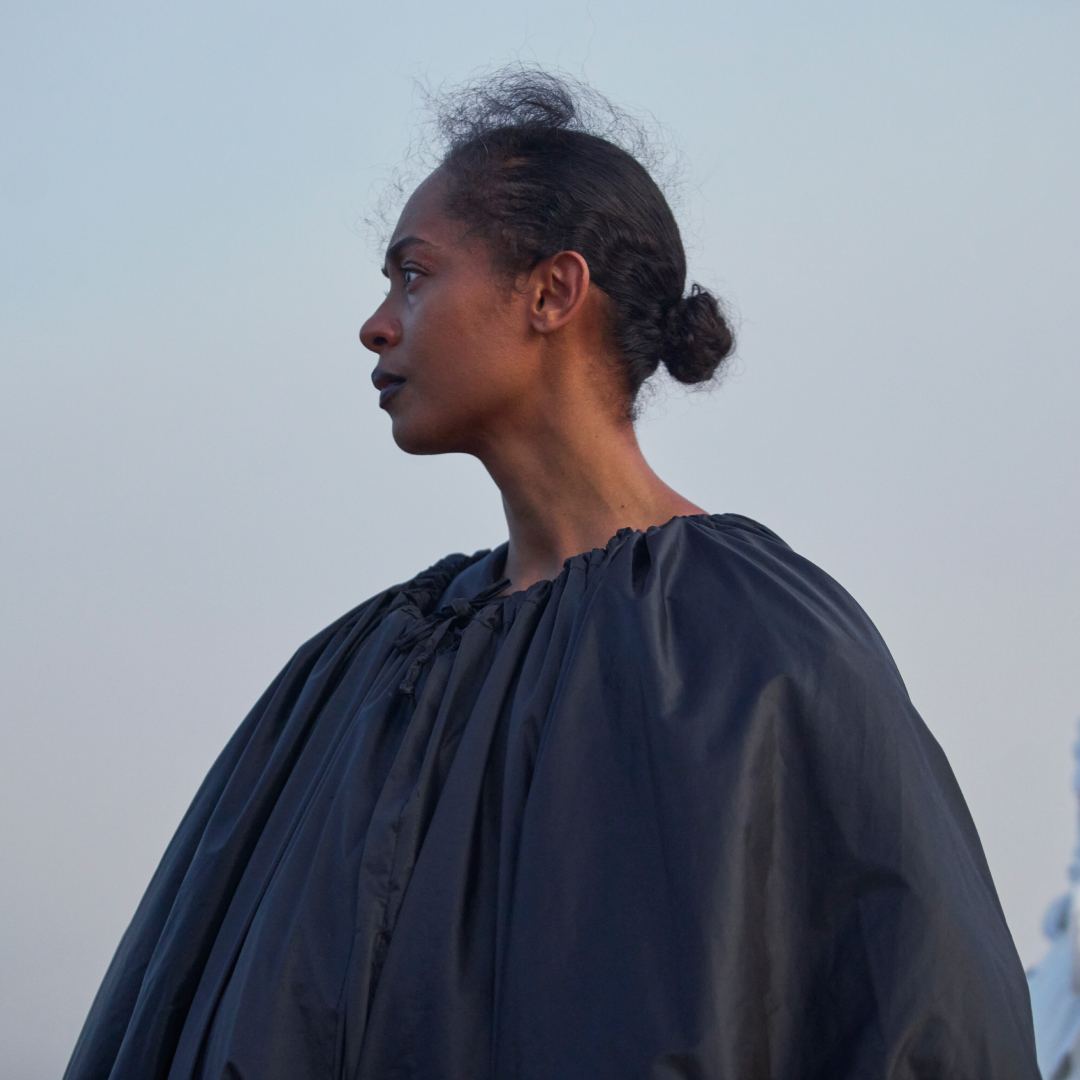 'On Becoming a Guinea Fowl' Is a Revolutionary Call to Speak Up Against Female Abuse
'On Becoming a Guinea Fowl' Is a Revolutionary Call to Speak Up Against Female AbuseAfter showing how a culture of silence around abuse can devastate entire generations, the arresting A24 film holds a mirror up to the audience and asks, \201cWhat happens if we scream?\201d
By Quinci LeGardye Published
-
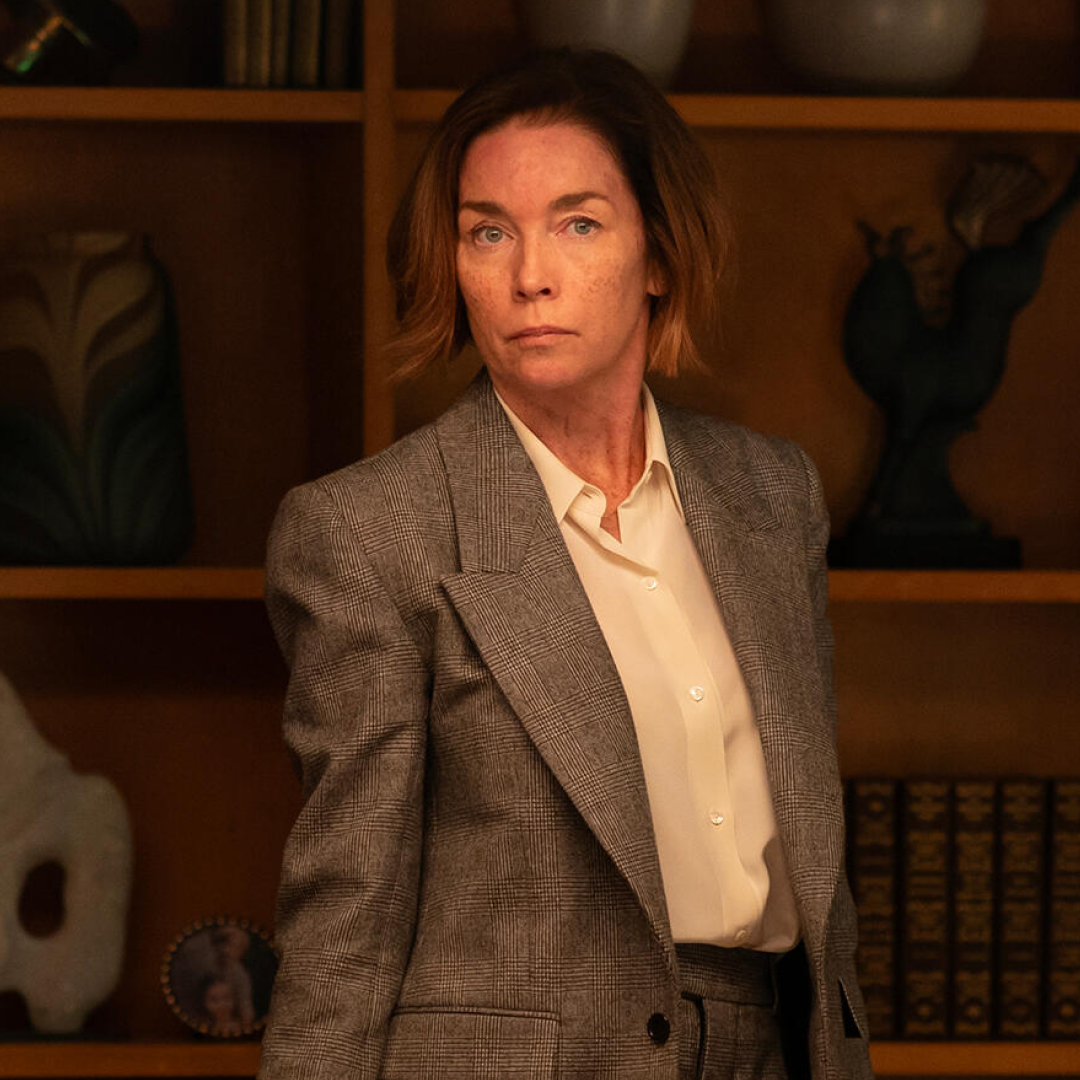 'Paradise' Finale Recap: Breaking Down the Shocking Season 1 Ending
'Paradise' Finale Recap: Breaking Down the Shocking Season 1 EndingWe're still reeling from all of those twists!
By Radhika Menon Published
-
 'Paradise' Season 2: Everything We Know
'Paradise' Season 2: Everything We KnowHere's everything we know about the next installment of the twist-filled series.
By Quinci LeGardye Last updated
-
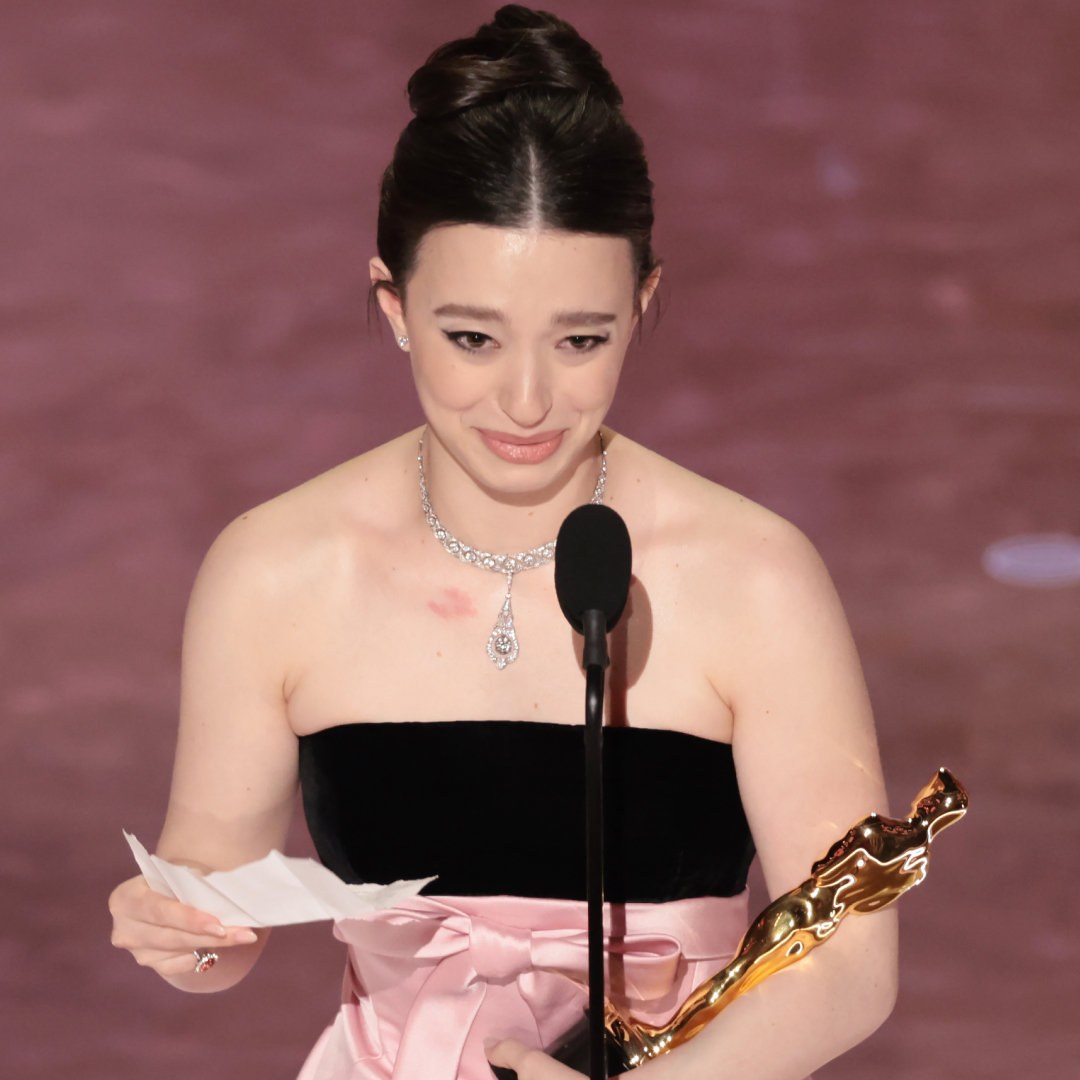 'Anora' Star Mikey Madison Takes Home the Best Actress Award at the 2025 Oscars in a Surprise Win
'Anora' Star Mikey Madison Takes Home the Best Actress Award at the 2025 Oscars in a Surprise Win"I will continue to support and be an ally."
By Quinci LeGardye Published